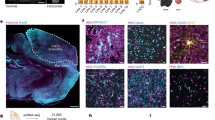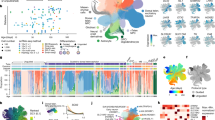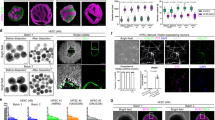Abstract
WILL you be good enough to favour me with a small space in your excellent journal for these few lines, in answer to Mr Wallace's difficulty with regard to the nudity of the back of man. According to Darwinian principles, there is what is called correlation of growth, by which I believe is meant, that an organ, or some part of the organism, is selected, not because itself is useful, but because its growth is somehow correlated to some other organ which is useful. Now, as a growth is admitted which exists by virtue of its correlation to some useful organ, why should not an atrophy of some part of the organism also be admitted as correlated to some organ which has been naturally selected on account of its usefulness? Although the nudity of the back of man is not in itself useful, nevertheless the atrophy of the hair on his back may be correlated to the development of some organ peculiar to man, and which is useful to him; or, in other words, the growth of the hair on the human back, although in itself useful, is incompatible with the growth of some other organ which may be infinitely more useful to him. Such atrophy, for all we know to the contrary, may be in some way correlated to cerebral development, to the erect posture, to the development of the hand, to the organs of speech, &c. At all events, if we cannot positively state that our dorsal nudity is so correlated, we certainly cannot say that it is not. I do not think that Mr. Wallace is justified in excluding the nudity of the back of man from the theory of natural selection, because he cannot show that it is useful. It may not in itself be useful, but it may be subordinate to some organ which is most useful. I consider that if the principles of a correlated atrophy be admitted, the stumblingblock of our bare backs will cease to trouble Darwinian thinkers. The argument struck me when I first read Mr. Wallace's remarkable “Contributions to Natural Selection,” but as I now see, by his article in p. 9, No. 53, Vol. III. of NATURE, that his difficulty has not been answered, I venture to address the foregoing to you, with the hope that my argument may be Of some utility.
Similar content being viewed by others
Article PDF
Author information
Authors and Affiliations
Rights and permissions
About this article
Cite this article
BONAVIA, E., S., M. Man's Bare Back. Nature 3, 127 (1870). https://doi.org/10.1038/003127c0
Issue date:
DOI: https://doi.org/10.1038/003127c0



